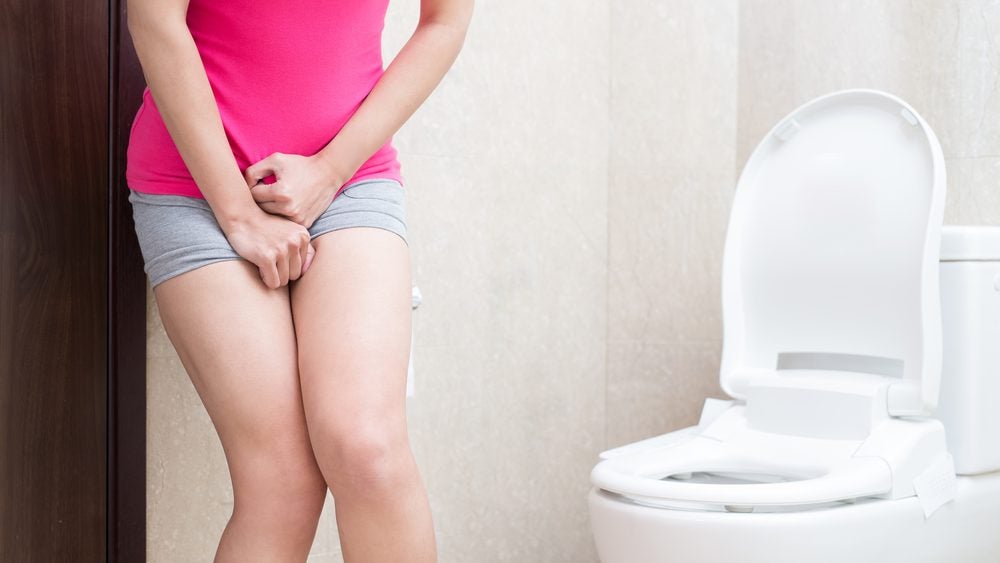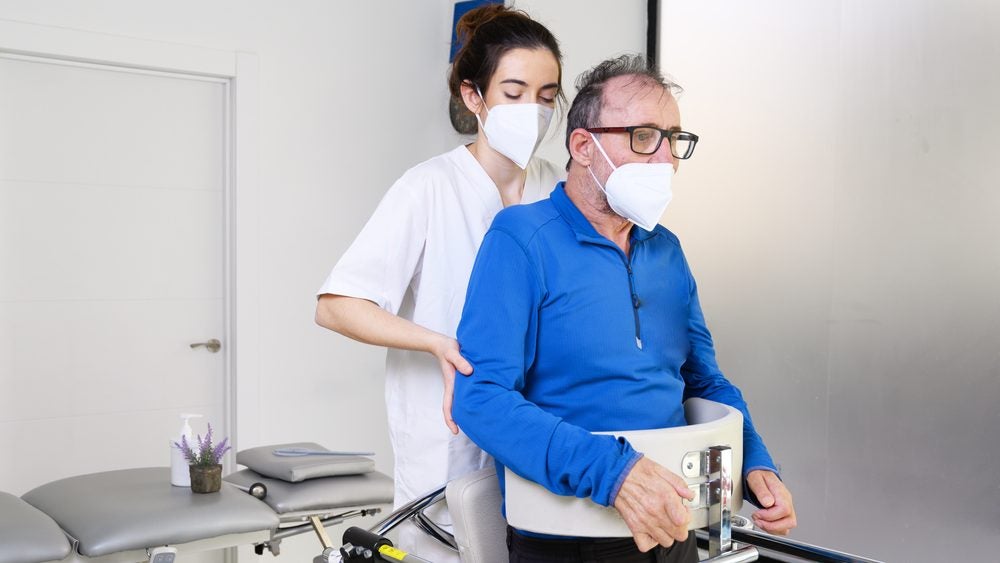Women’s health technology company Pelvital has published a study (NCT02954042) demonstrating the efficacy of its Flyte device to treat women with stress urinary incontinence (SUI) and weakened pelvic floor muscles.
Published in the Therapeutic Advances in Urology journal, the Flyte device resulted in continence or clinically significant improvement as evidenced by a reduction in 24-hour pad weight. Of the 119 participants involved, 71% achieved dry or near dry over two to 12 weeks. After two years, 34 patients said the device continued improvement in their quality of life.
The Flyte device delivers mechanotherapy while women contract (squeeze or tighten) their pelvic floor muscles during a five-minute per day, six-week treatment. Mechanotherapy is a type of medical therapeutics in which treatment is given by manual or mechanical means, aiming to stimulate tissue regeneration and the creation of neuromuscular memory. Pelvital received clearance from the US Food and Drug Administration (FDA) for the non-invasive, intravaginal home-use device in 2020.
SUI is a condition characterised by urine leakage when the bladder is under pressure such as when exercising or sneezing.
This study expands on previous research conducted at the Arctic University of Norway, confirming Flyte’s efficacy as a non-invasive treatment for SUI. During the study, 82% of participants who had an average duration of SUI symptoms for 9.3 years, achieved continence within six weeks. Additionally, 77% of participants remained continent after two years. All participants had been recommended for surgery before the study, yet none pursued surgical intervention after using Flyte.
In the announcement accompanying the study, the lead author of the paper Nissrine Nakib said: “This study is a true game-changer for clinicians treating the 62% of women who are struggling with urinary incontinence, of which stress urinary incontinence is the largest segment.
“Our research proves that Flyte is a first-line, conservative treatment and a viable alternative to surgery by uniquely delivering transvaginal mechanotherapy to the pelvic floor.”
Last week, France-based company UroMems reported that the first female patient implanted with its SUI UroActive device met the six-month primary endpoint. The patient is part of the company's first-in-human feasibility trial (NCT05828979), which will enrol six female patients in total.















